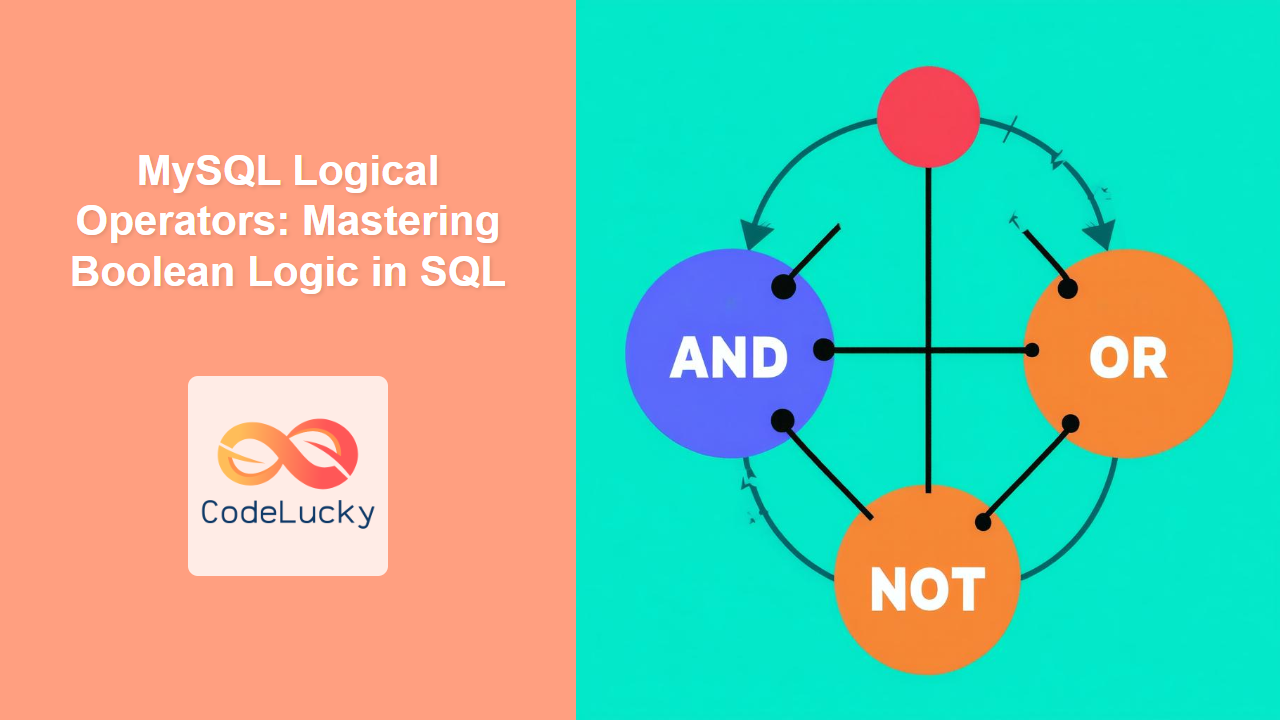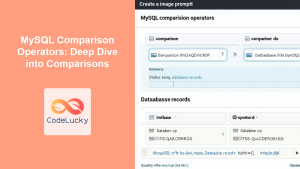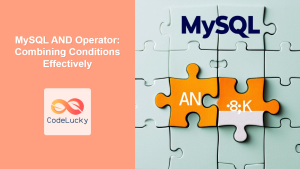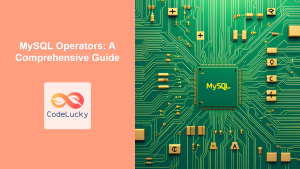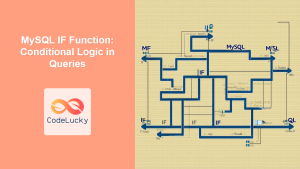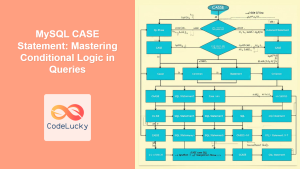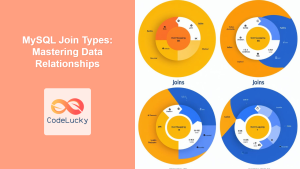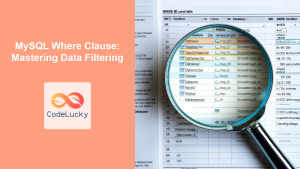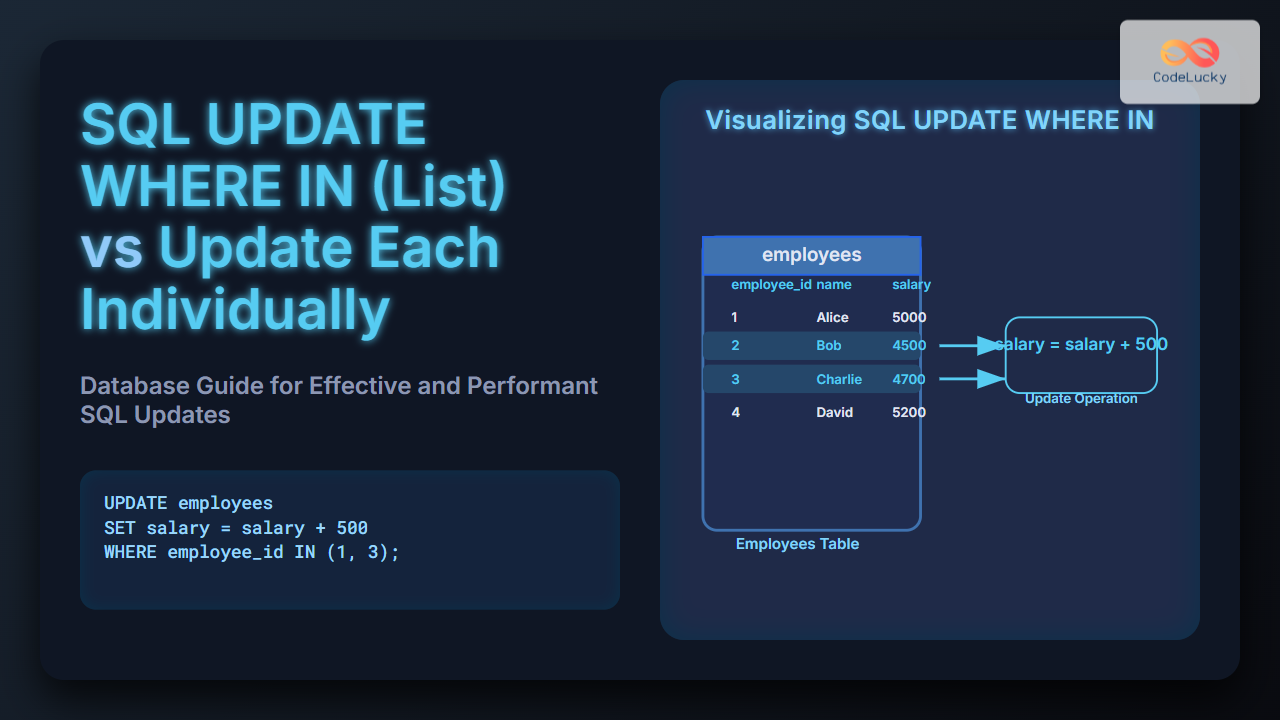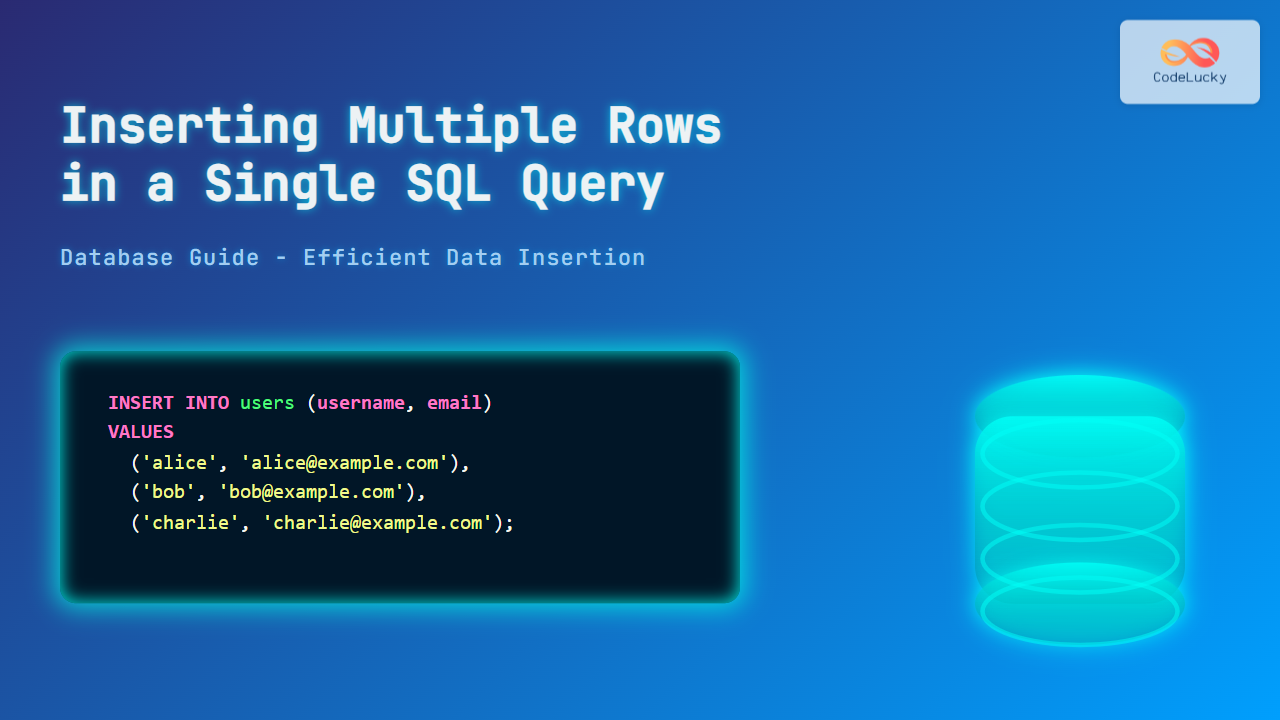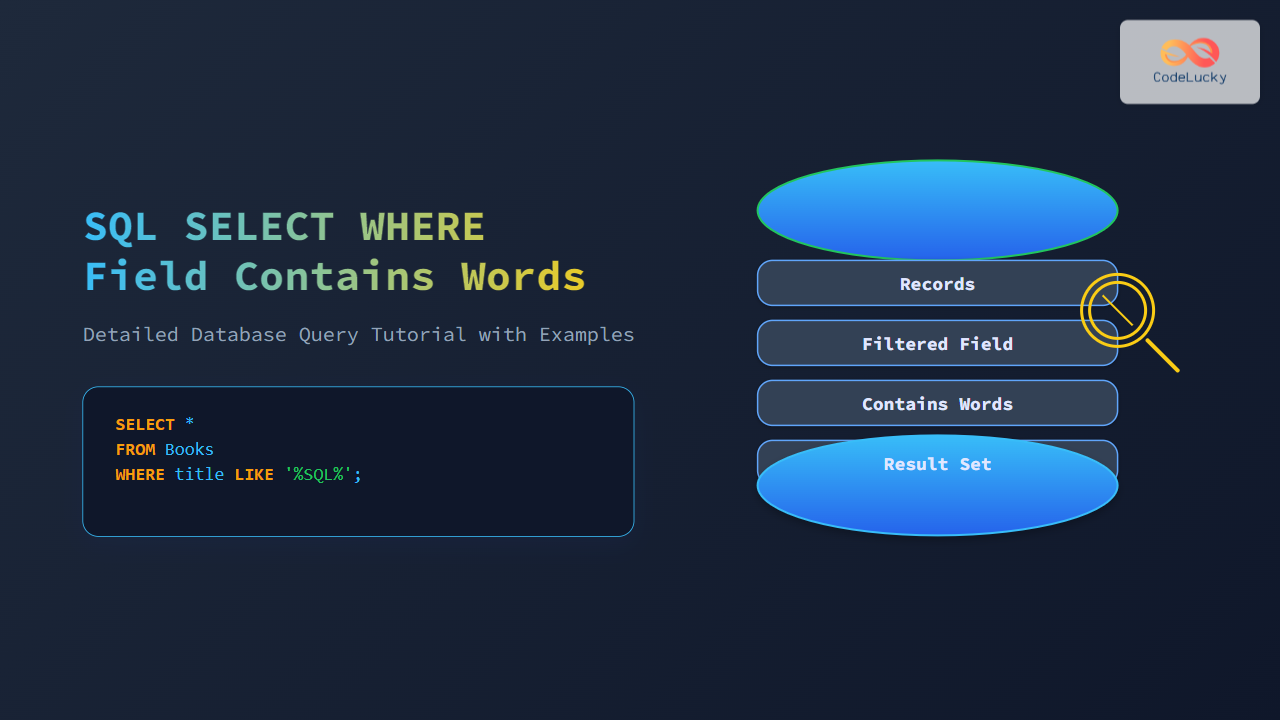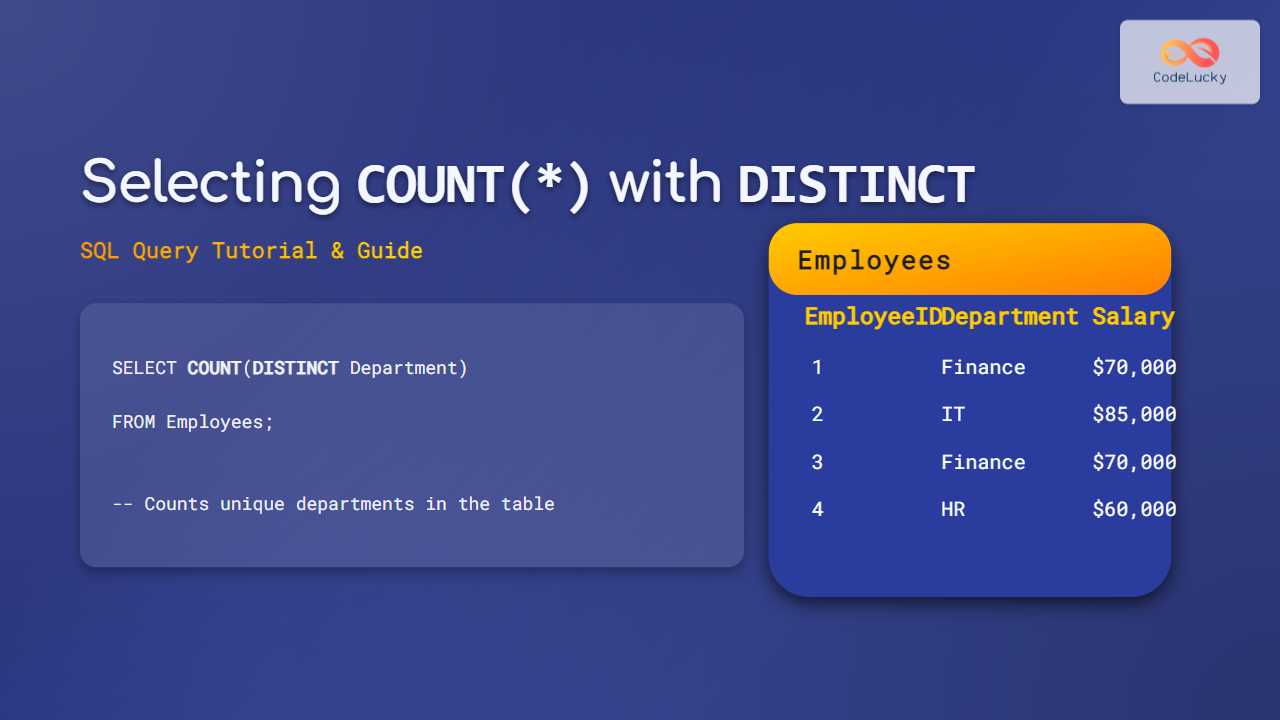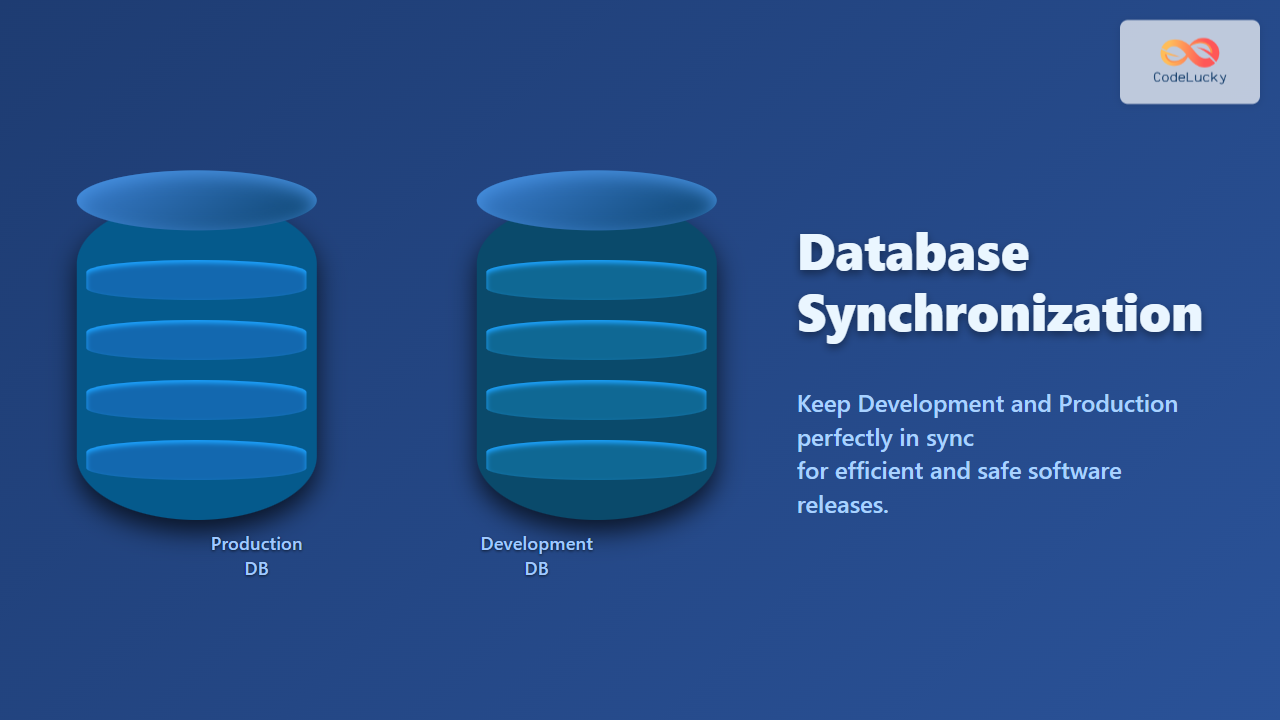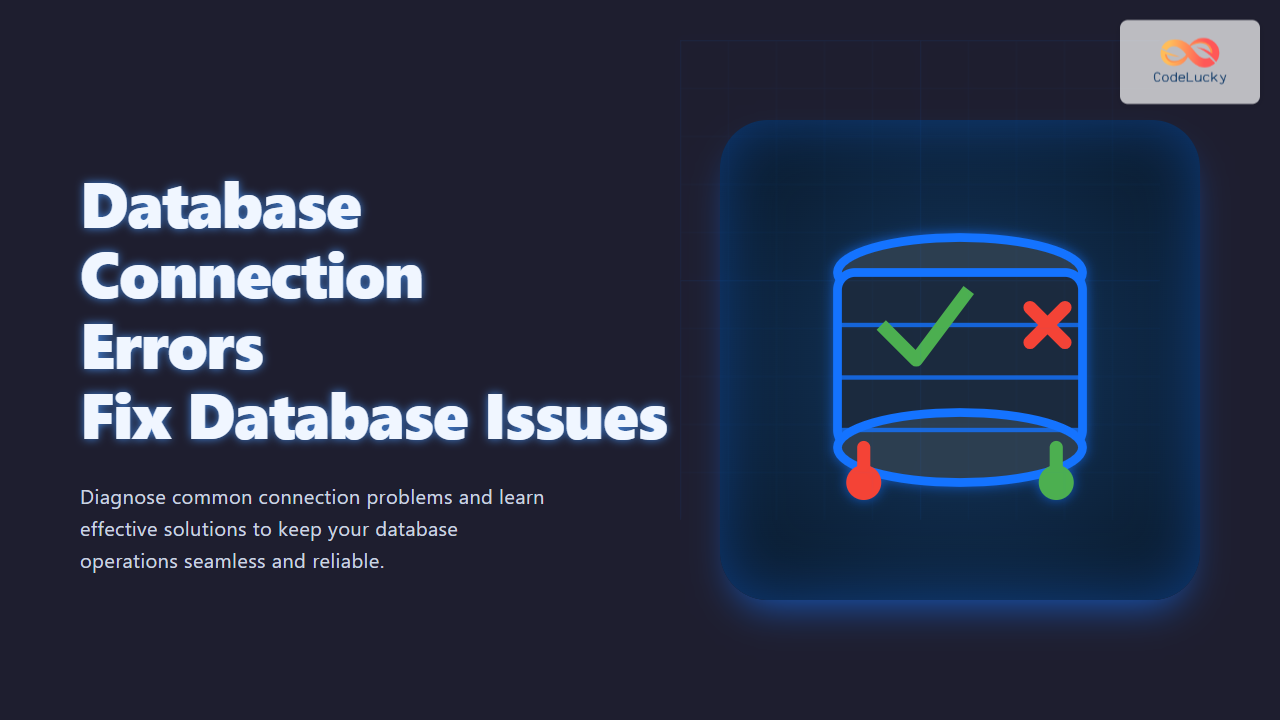Logical operators are the gatekeepers of your SQL queries! They allow you to combine multiple conditions, creating sophisticated filters to retrieve exactly the data you need. Whether you’re building complex reports or fine-tuning application logic, mastering logical operators is crucial. Did you know? 💡 Boolean logic, the foundation of these operators, was invented by George Boole in the 19th century, forming the basis of modern computing!
Why are Logical Operators Important?
Before we dive into the specifics, let’s understand why these operators are vital:
🌟 Key Benefits:
- Combine multiple filter conditions for precise data retrieval.
- Create flexible search criteria for your applications.
- Implement complex business logic in database queries.
- Enhance the expressiveness and power of your SQL code.
🎯 Fun Fact: Every single piece of software and digital device relies on the fundamental principles of Boolean logic, making these operators the unsung heroes of computing!
The Core Logical Operators: AND, OR, NOT
MySQL provides three primary logical operators: AND, OR, and NOT. Let’s explore each one with examples:
1. AND: Both Conditions Must Be True
The AND operator requires both conditions it connects to evaluate as TRUE for the overall expression to be TRUE. Think of it as a conjunction—both parts must agree!
SELECT * FROM products
WHERE category = 'Electronics' AND price < 500;
Let’s assume you have a products table with some data:
| product_id | name | category | price |
|---|---|---|---|
| 1 | Laptop | Electronics | 1200 |
| 2 | Headphones | Electronics | 150 |
| 3 | T-Shirt | Clothing | 30 |
| 4 | Keyboard | Electronics | 75 |
The query above will return:
| product_id | name | category | price |
|---|---|---|---|
| 2 | Headphones | Electronics | 150 |
| 4 | Keyboard | Electronics | 75 |
Only the products in the ‘Electronics’ category and under $500 are selected.
🔍 Pro Tip: AND operators can be chained together for more complex conditions, such as condition1 AND condition2 AND condition3.
2. OR: At Least One Condition Must Be True
The OR operator requires at least one of the connected conditions to be TRUE for the overall expression to be TRUE. It’s more inclusive—if either or both sides are true, the result is true!
SELECT * FROM customers
WHERE city = 'Mumbai' OR city = 'Delhi';
Consider the following customers table:
| customer_id | first_name | last_name | city | |
|---|---|---|---|---|
| 1 | Raj | Patel | [email protected] | Mumbai |
| 2 | Priya | Sharma | [email protected] | Delhi |
| 3 | Amit | Verma | [email protected] | Bangalore |
| 4 | Anjali | Singh | [email protected] | Delhi |
The query will output:
| customer_id | first_name | last_name | city | |
|---|---|---|---|---|
| 1 | Raj | Patel | [email protected] | Mumbai |
| 2 | Priya | Sharma | [email protected] | Delhi |
| 4 | Anjali | Singh | [email protected] | Delhi |
All customers from either ‘Mumbai’ or ‘Delhi’ are included.
🌈 Interesting Fact: The OR operator in SQL corresponds to the logical disjunction in mathematical logic, which has a long history stretching back to ancient Greece.
3. NOT: Negating a Condition
The NOT operator negates the condition that follows it. It turns TRUE to FALSE and vice versa. It’s like saying “give me everything except…”
SELECT * FROM products
WHERE NOT category = 'Clothing';
Using the same products table:
| product_id | name | category | price |
|---|---|---|---|
| 1 | Laptop | Electronics | 1200 |
| 2 | Headphones | Electronics | 150 |
| 3 | T-Shirt | Clothing | 30 |
| 4 | Keyboard | Electronics | 75 |
The query will return all products that are not in the ‘Clothing’ category:
| product_id | name | category | price |
|---|---|---|---|
| 1 | Laptop | Electronics | 1200 |
| 2 | Headphones | Electronics | 150 |
| 4 | Keyboard | Electronics | 75 |
🚀 Did You Know? The NOT operator is crucial in situations where you want to exclude specific data subsets, greatly enhancing the specificity of your queries!
Understanding Short-Circuit Evaluation
MySQL uses short-circuit evaluation for logical operators. This means that it stops evaluating a condition as soon as the final result is known.
- For
AND, if the first condition isFALSE, the second condition is not checked because the overall result will beFALSEanyway. - For
OR, if the first condition isTRUE, the second condition is not checked because the overall result will beTRUE.
🌟 Pro Tip: Short-circuiting can lead to performance improvements, especially in complex queries with costly conditions! Make sure your first checks are the fastest.
Combining Logical Operators
You can combine AND, OR, and NOT in the same query. However, always use parentheses to clarify the order of operations. Without parentheses, MySQL has default precedence (NOT is evaluated before AND, which is evaluated before OR).
SELECT * FROM orders
WHERE (total_amount > 100 AND order_date > '2023-06-01')
OR (customer_id = 5);
This query selects orders where either:
- The total amount is over $100 and ordered after June 1, 2023
- The customer ID is 5
🎮 Fun Fact: The order of operations (precedence) in logical expressions was formally defined by mathematicians and logicians, influencing not only SQL but also programming languages worldwide!
Real-World Use Cases
Let’s explore common practical scenarios:
- Finding active users over 25 years old:
SELECT * FROM users WHERE is_active = TRUE AND age > 25; - Retrieving orders that are either high-value or placed recently:
SELECT * FROM orders WHERE total_amount > 500 OR order_date > CURDATE() - INTERVAL 7 DAY; - Locating products not on sale:
SELECT * FROM products WHERE NOT is_on_sale = TRUE; - Combining multiple filters for a specific search:
SELECT * FROM items WHERE (category = 'Books' OR category = 'Stationery') AND price < 20;
Best Practices for Effective Use
🎯 Keep these in mind:
- Use parentheses liberally to avoid ambiguity and ensure your logic is correct.
- Be aware of short-circuit evaluation to optimize performance.
- Use
NOTsparingly; often, there are more readable alternatives. - Test your combined conditions thoroughly for accuracy.
Key Takeaways
In this guide, you’ve learned:
- The core logical operators:
AND,OR, andNOT - How to combine conditions with logical operators.
- The concept of short-circuit evaluation and its performance implications.
- How to use parentheses for clarity in complex queries.
- Practical examples of using logical operators in real-world scenarios.
What’s Next?
Now that you’ve mastered logical operators, you’re ready to tackle more advanced topics in our upcoming tutorials:
Remember that these foundational concepts are crucial for all complex queries. Practice these examples and be ready to make your database skills even stronger!
💡 Final Fact: The effective use of logical operators significantly enhances the precision and flexibility of your data retrieval process, making you more efficient in database management and software development.

